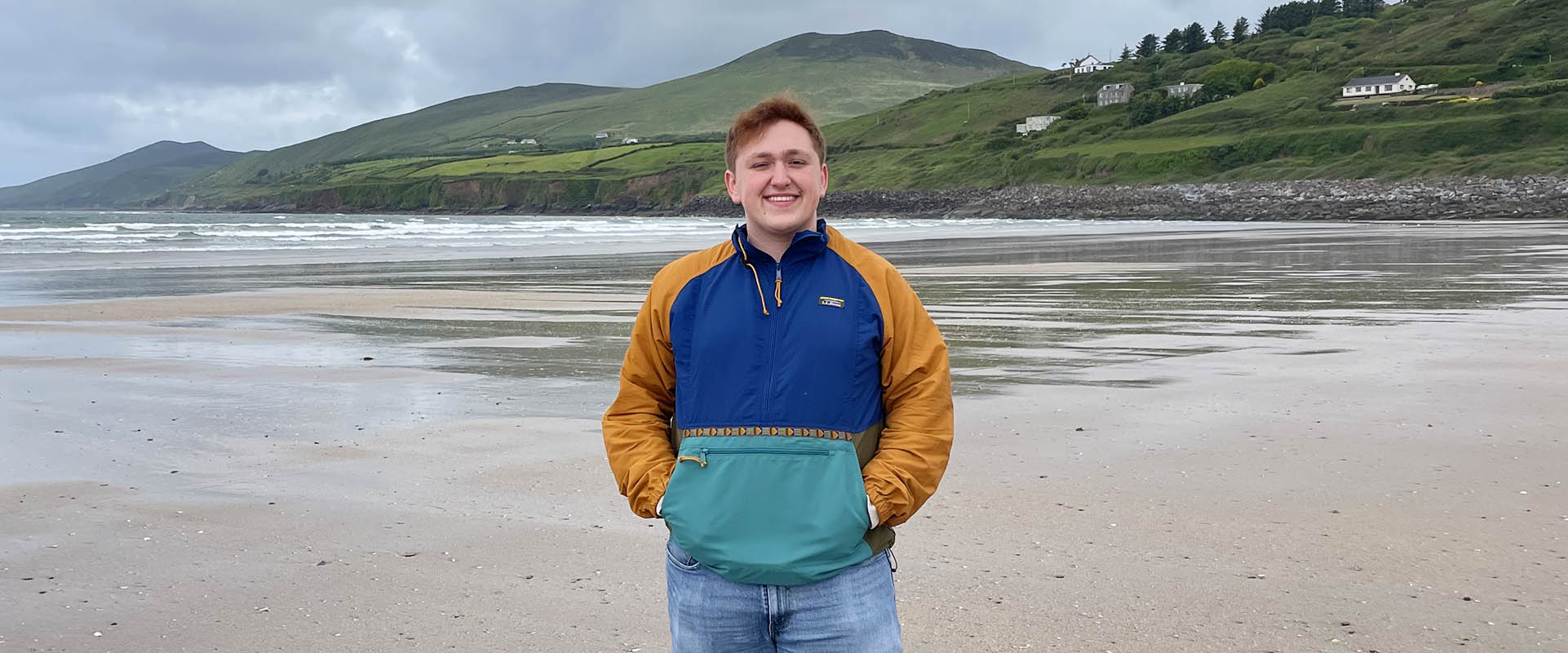

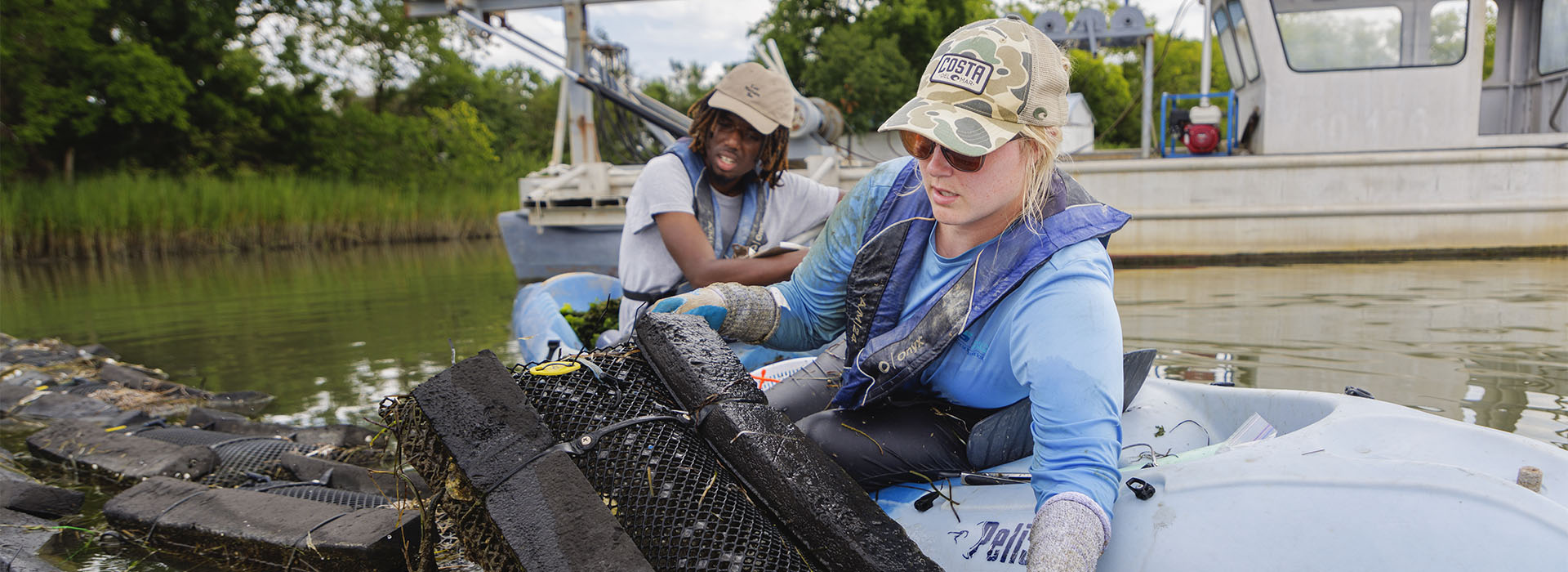
VA SEA Transforms Science Education
The Virginia Scientists & Educators Alliance (VA SEA) works with graduate students to develop lesson plans inspired by their own research.
Oyster Aquaculture Research Bridges Science and Industry
Graduate Fellow Julia Green wants to use aquaculture research to bridge science and industry to help farmers improve operations.
Virginia Sea Grant NEWS
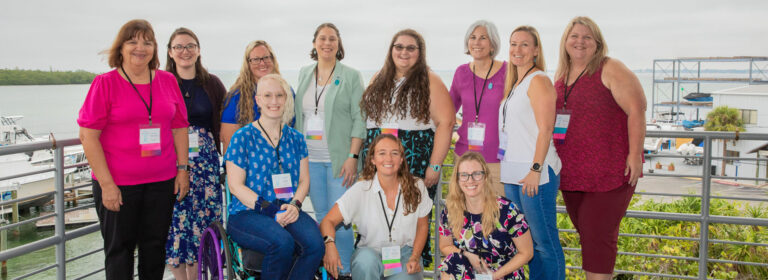
Community, Inclusivity, and Connection: The Women of the Water Conference
Community, Inclusivity, and Connection: Reflecting on the 2023 Women of the Water Conference By Kaitlyn Theberge | Virginia TechBy Hayley Lemoine | Florida
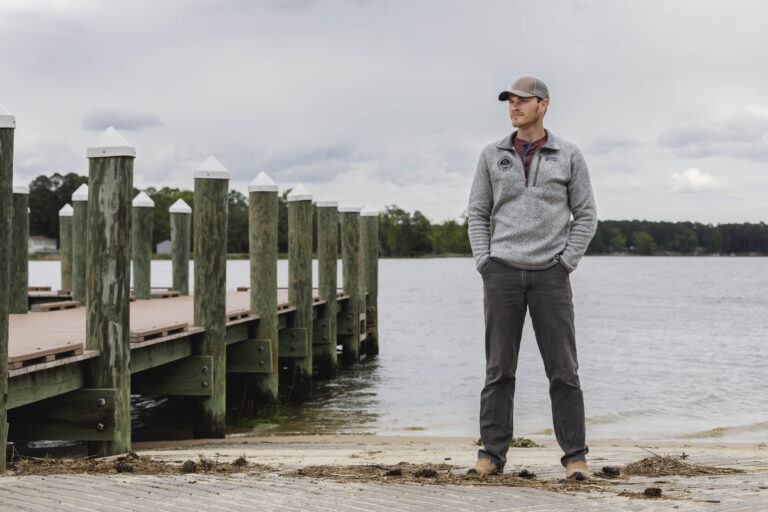
Commonwealth Fellow Looks at Threat of Sea Level Rise
Commonwealth Fellow Examines Threat of Sea Level Rise to State Assets Virginia’s tidal waters are a vital resource for the
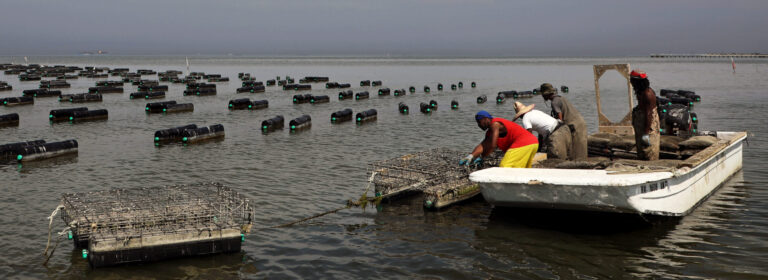
Aquaculture Information Exchange Launches
Virginia Sea Grant Launches the USDA and NOAA Supported Aquaculture Information Exchange Online Community Platform The Aquaculture Information Exchange (AIE)) online community

2024 Knauss Finalist Announced
Above left to right: Kacey Hirshfeld Clayton, Allison Lepp, Natalie Lerma, Lauren Alvaro, Chelsea Gray, and Kesten, Bozinovic 2024 Knauss Fellowship
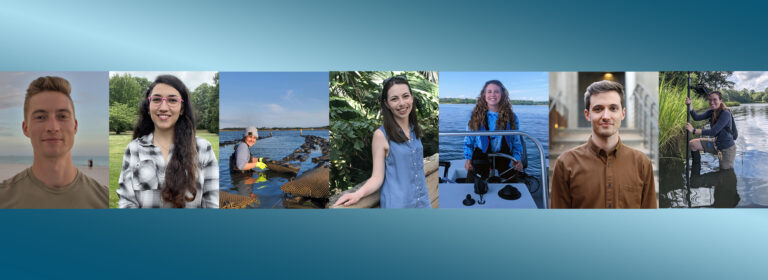
2023 Graduate Fellows Announced
Above left to right: Daniel Lassiter, Mahshid Ahmadian, Julia Grenn, Megan Beever, Alyson Hall, Adrian Robins, and Zlatka Rebolledo Sanchez. (Photos provided) 2023 Graduate Fellows Announced
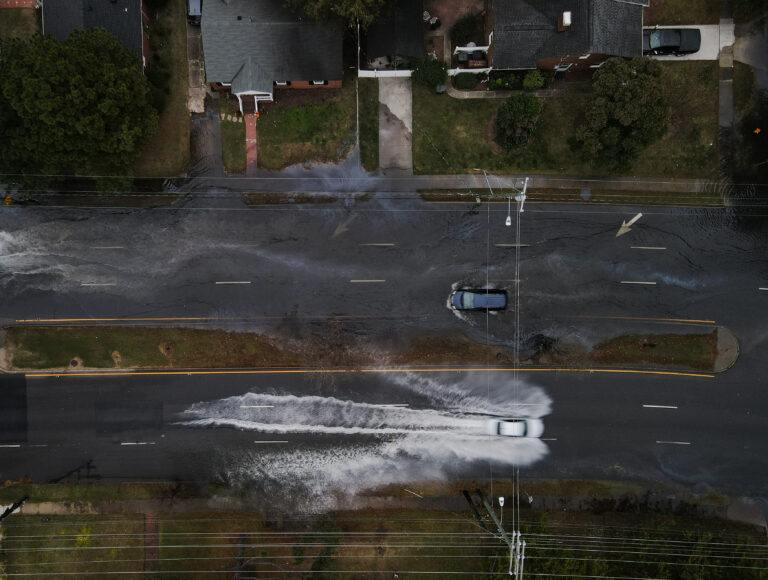
VASG to Lead Research Into Contaminated Stormwater
VASG to Lead Research Into Contaminated Stormwater Virginia Sea Grant was awarded $458,863 in funding for the identification and mitigation
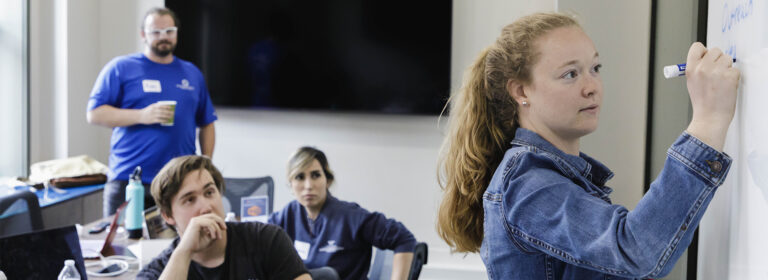
Team Science Connects Disciplines To Tackle Big Problems
Team Science Brings together Multiple Disciplines to Tackle Big Problems Virginia Sea Grant hosted 32 graduate and post-graduate students for
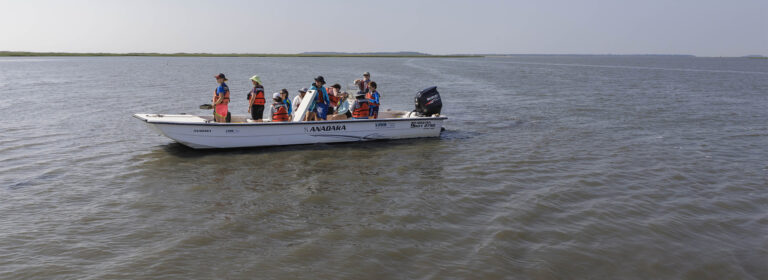
Hands-on Marine Science Lessons for Teachers
Field course gives teachers marine education experiences to bring lessons into the classroom.
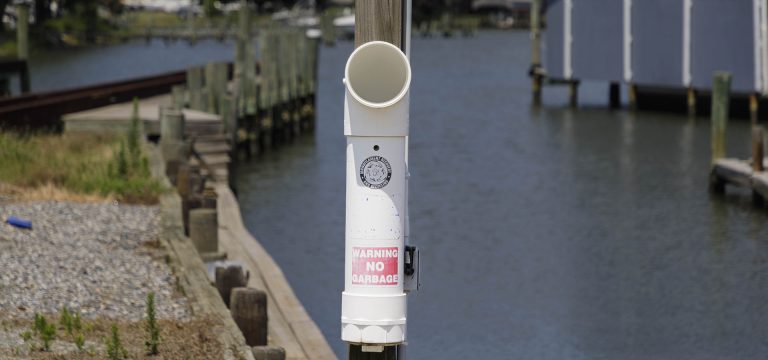
Drawing the Line on Marine Debris
Recycling program keeps harmful fishing line from entering our waterways.
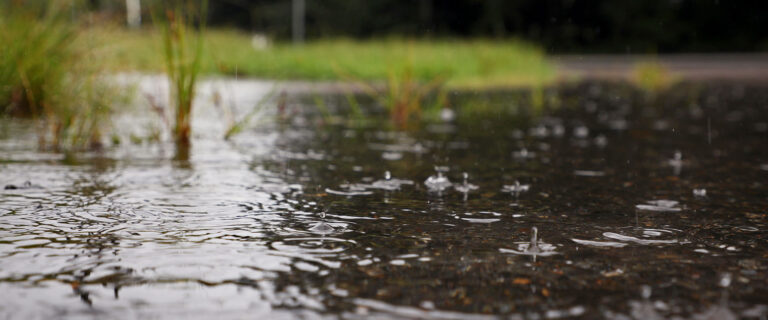
Living With Water
A phrase which once paid homage to the tradition of working on the water, now refers to the standing water that pools in peoples’ yards and drainage ditches.
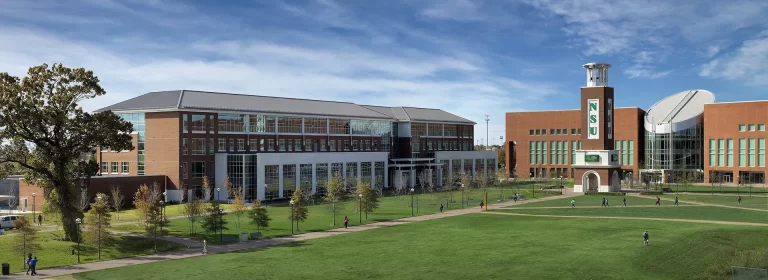
Norfolk State University joins Virginia Sea Grant
Norfolk State University Joins Virginia Sea Grant Norfolk State University (NSU) has joined the Virginia Sea Grant (VASG) community, making
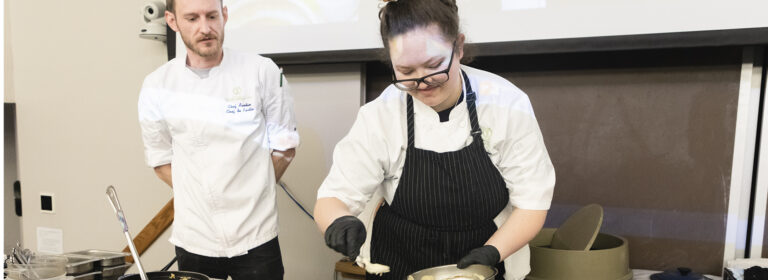
2023 Chefs’ Seafood Symposium
Seafood Symposium Shows Chefs How to create Sustainable Dishes More than 100 culinary professionals, students, and representatives of related culinary
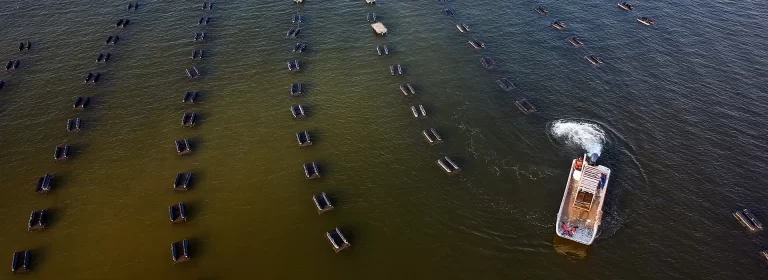
VASG Selected to Host Aquaculture Information Exchange
Virginia Sea Grant has been selected to develop and host an online aquaculture community platform in partnership with NOAA and the USDA.
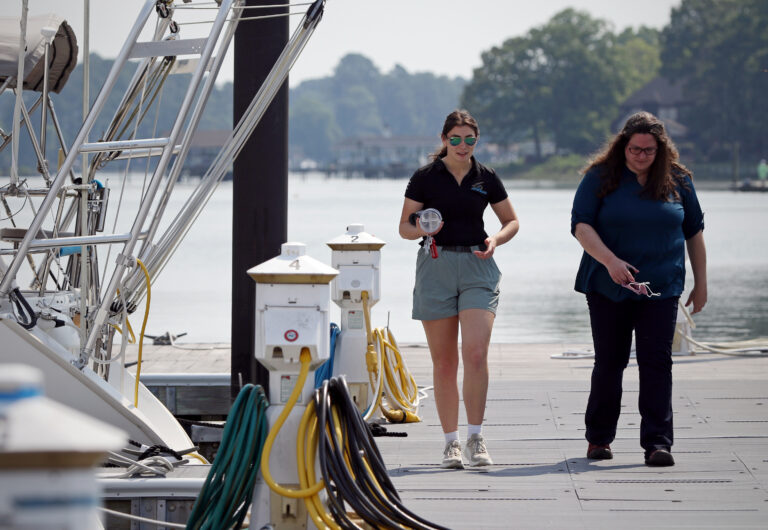
Clean Marina Program keeps boat fuel “burps” out of the Bay
As air bubbles escape during refueling, they push small amounts of fuel back out of the fuel tank and onto the boat — or into the water.
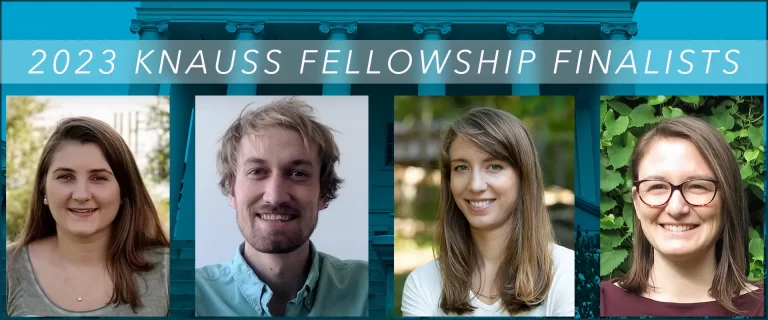
2023 Knauss Finalists Announced
Four Virginia students have been chosen as finalists for Sea Grant’s prestigious 2023 Knauss Marine Policy Fellowship program.
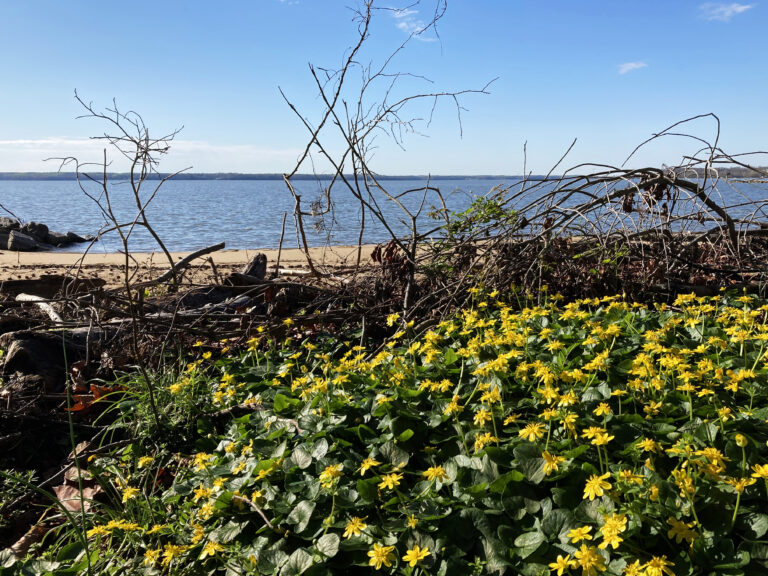
Learning jargon and learning when to ditch it
The Virginia Sea Grant Commonwealth Coastal & Marine Policy Fellowship has given me the opportunity to learn some more broadly practical jargon.
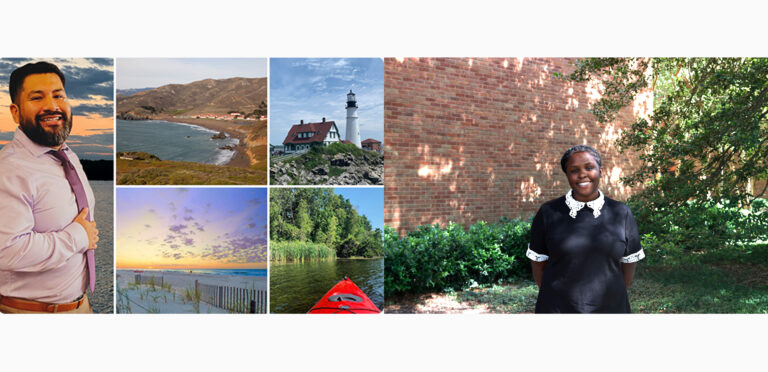
Two students join Virginia Coastal Policy Center as Sea Grant summer interns
Janaya Belcher and Zachary Evans will join the group of students interning with VCPC this summer.
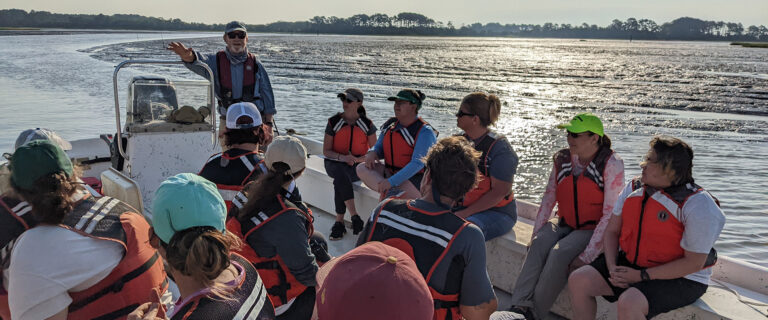
Field course equips teachers to share coastal science in classrooms
Virginia teachers dipped their toes in coastal science during a field course offered on the Eastern Shore in June.
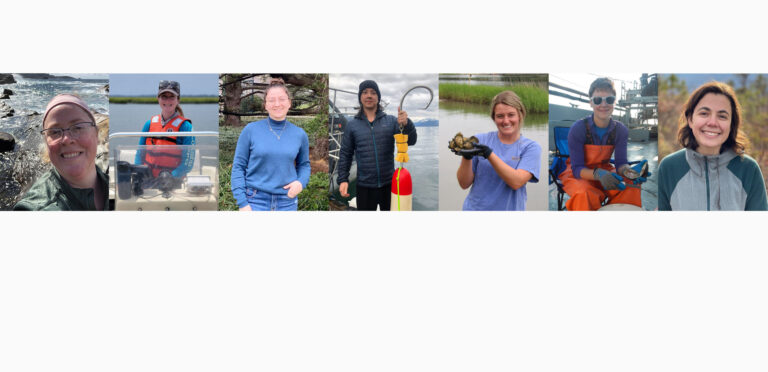
2022 Graduate Research Fellows announced
The Graduate Research Fellows will participate in professional development opportunities as they work to address coastal resource issues.
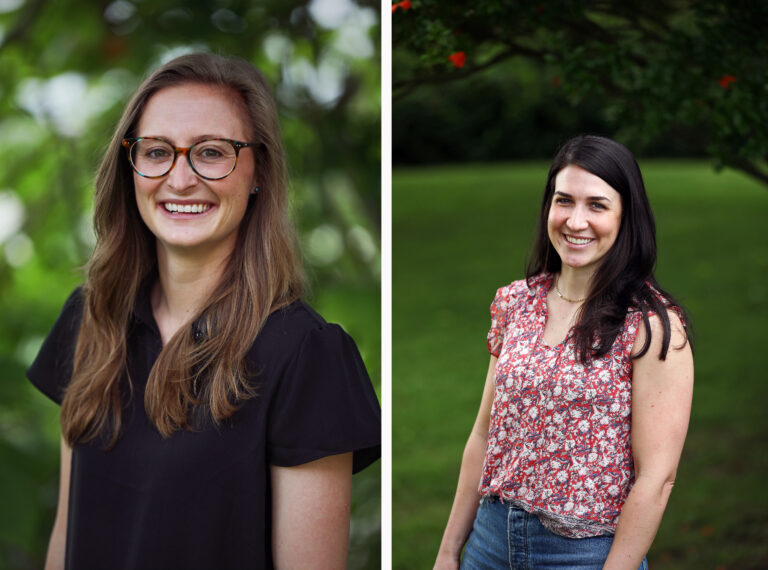
Two extension specialists join Marine Advisory Program
The Virginia Institute of Marine Science Marine Advisory Program welcomes extension specialists Sarah Borsetti and Lexy McCarty.

